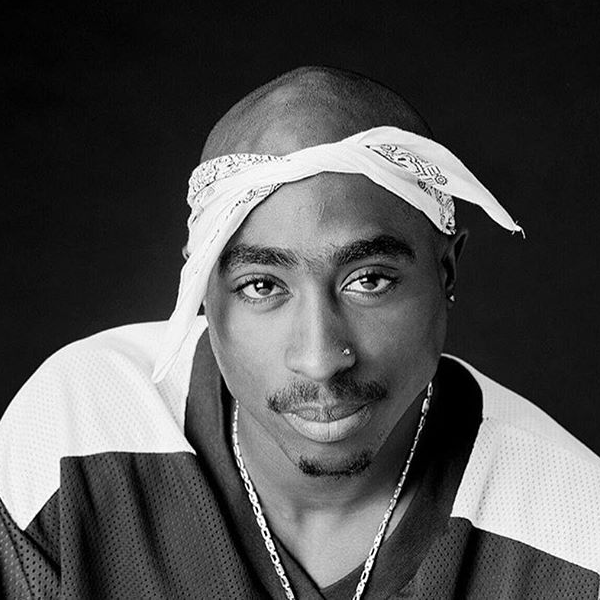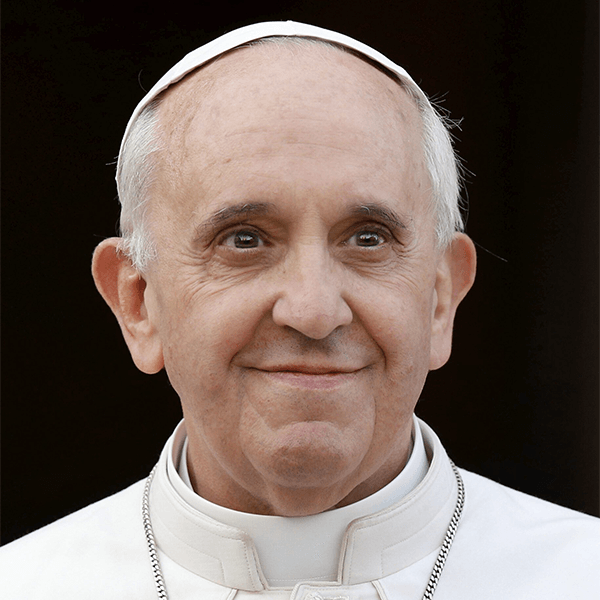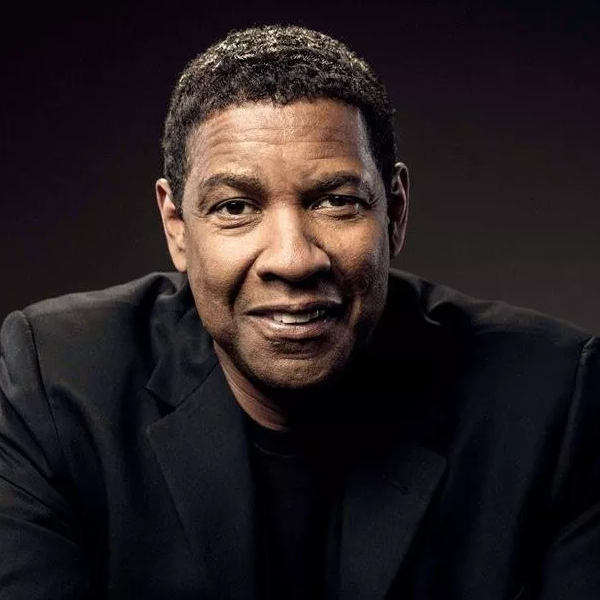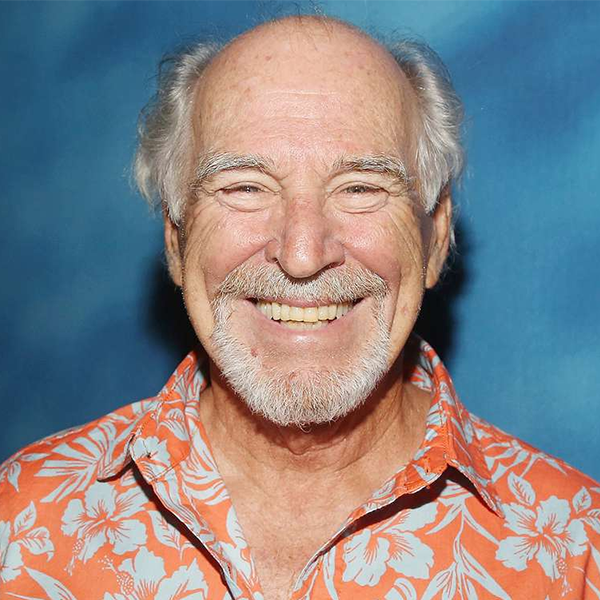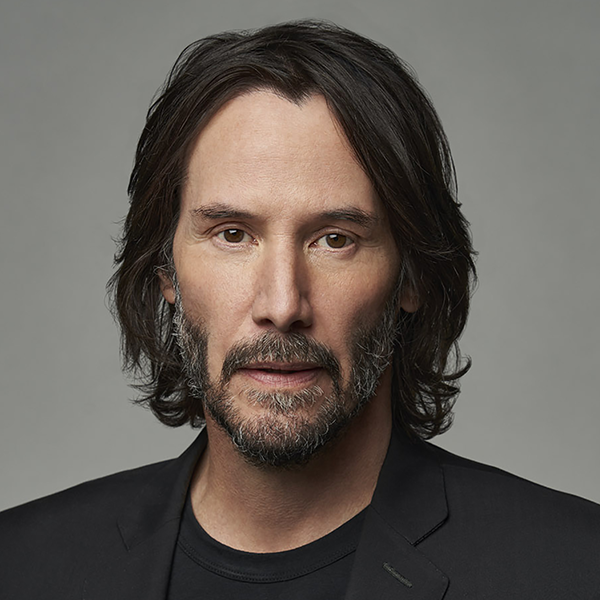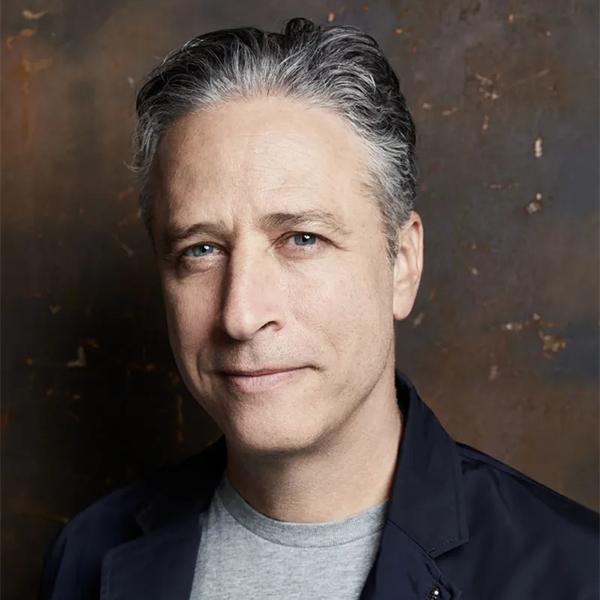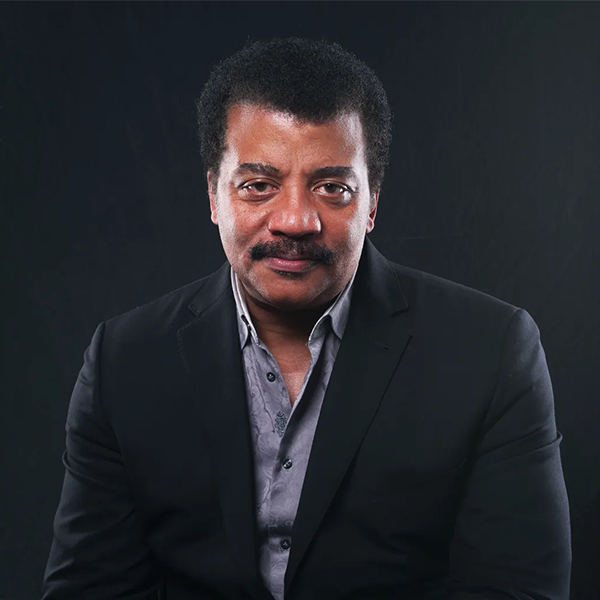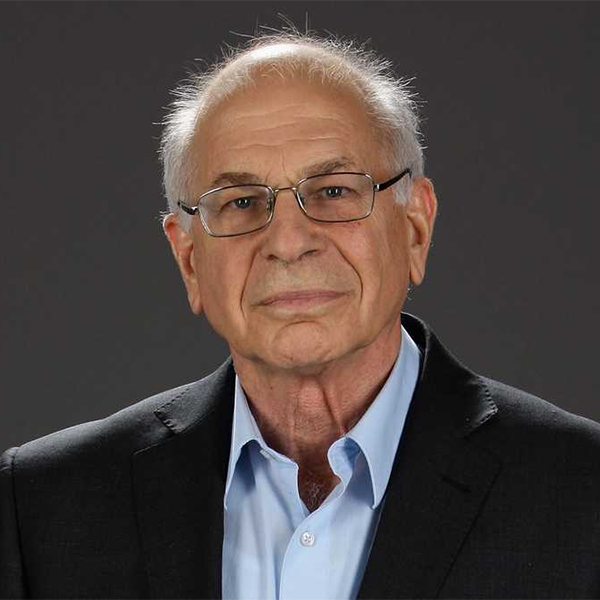Martin Luther King, Jr., a seminal figure in American history, is best known for his pivotal role in advancing civil rights through nonviolent protest. Born in 1929 in Atlanta, Georgia, King was deeply influenced by his Christian faith and the peaceful teachings of Mahatma Gandhi. His leadership of the Montgomery Bus Boycott, his inspiring "I Have a Dream" speech during the 1963 March on Washington, and his receiving of the Nobel Peace Prize in 1964 underscore his profound impact on the nation's progress toward racial equality. King's eloquence and unwavering commitment to justice helped transform the civil rights movement and laid the groundwork for significant legislative changes, including the Civil Rights Act of 1964 and the Voting Rights Act of 1965.
❝The function of education is to teach one to think intensively and to think critically. Intelligence plus character — that is the goal of true education.❞ — Martin Luther King, Jr.
King was also a committed scholar and an avid reader, traits that greatly influenced his philosophical and tactical approach to activism. Educated at Morehouse College, Crozer Theological Seminary, and eventually receiving a doctorate from Boston University, King was well-versed in theological studies, ethics, and the works of philosophers such as Hegel and Nietzsche. His speeches and writings reflect a deep engagement with theological and philosophical texts, which shaped his concepts of nonviolence, justice, and equality. King's extensive reading enabled him to draw on a rich array of sources to inspire and rationalize the civil rights movement, making his advocacy both profound and universally resonant.


